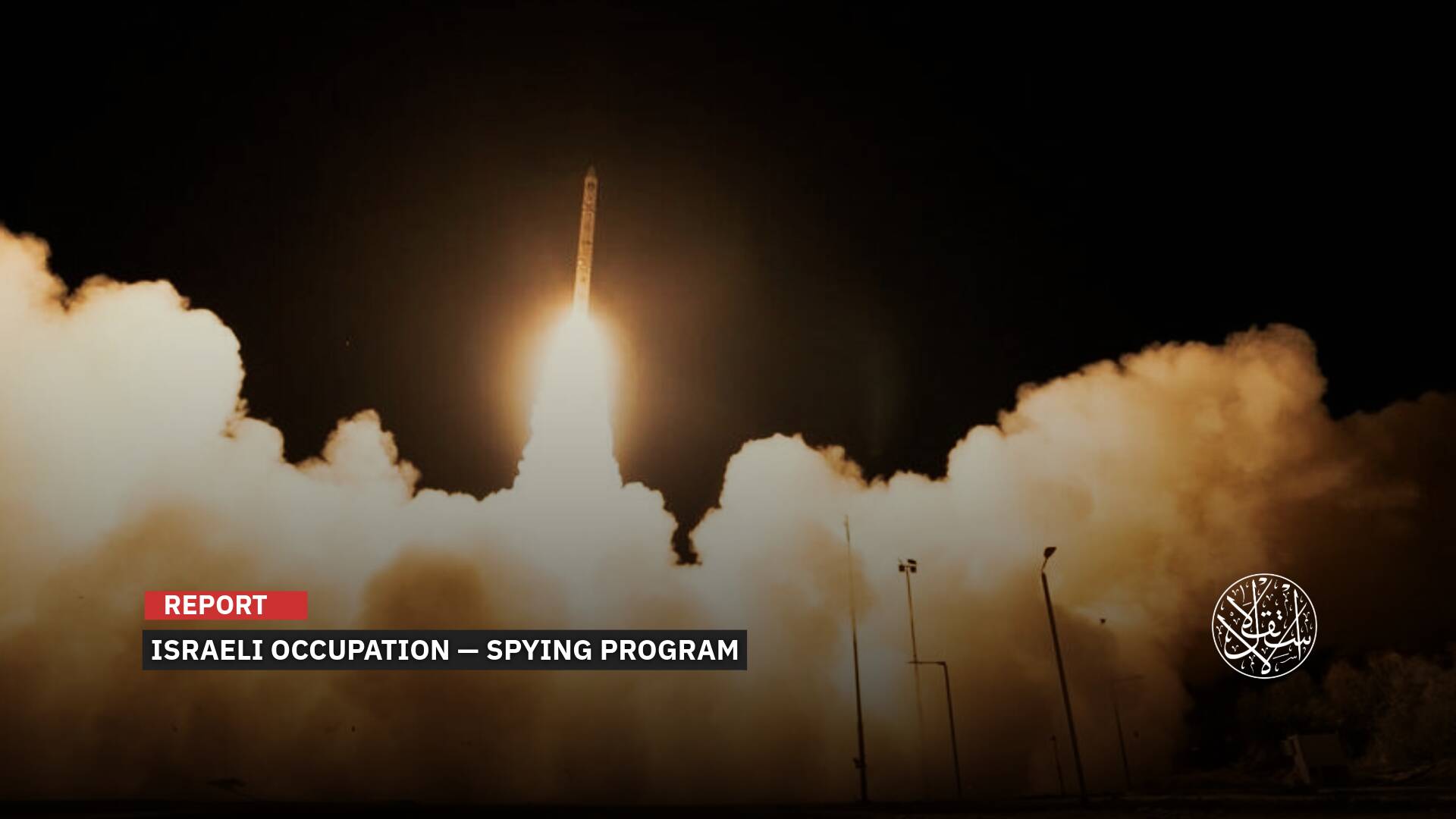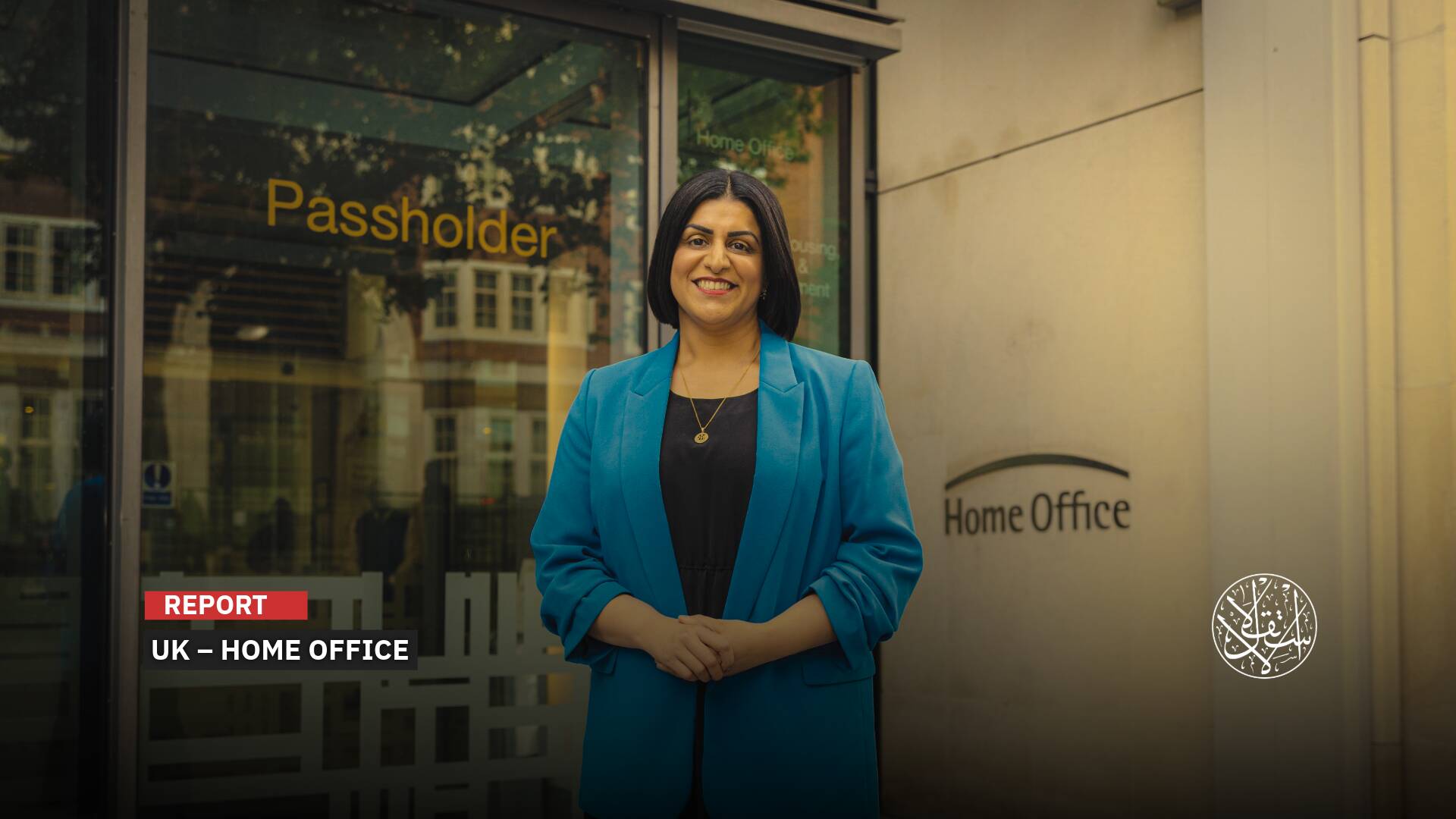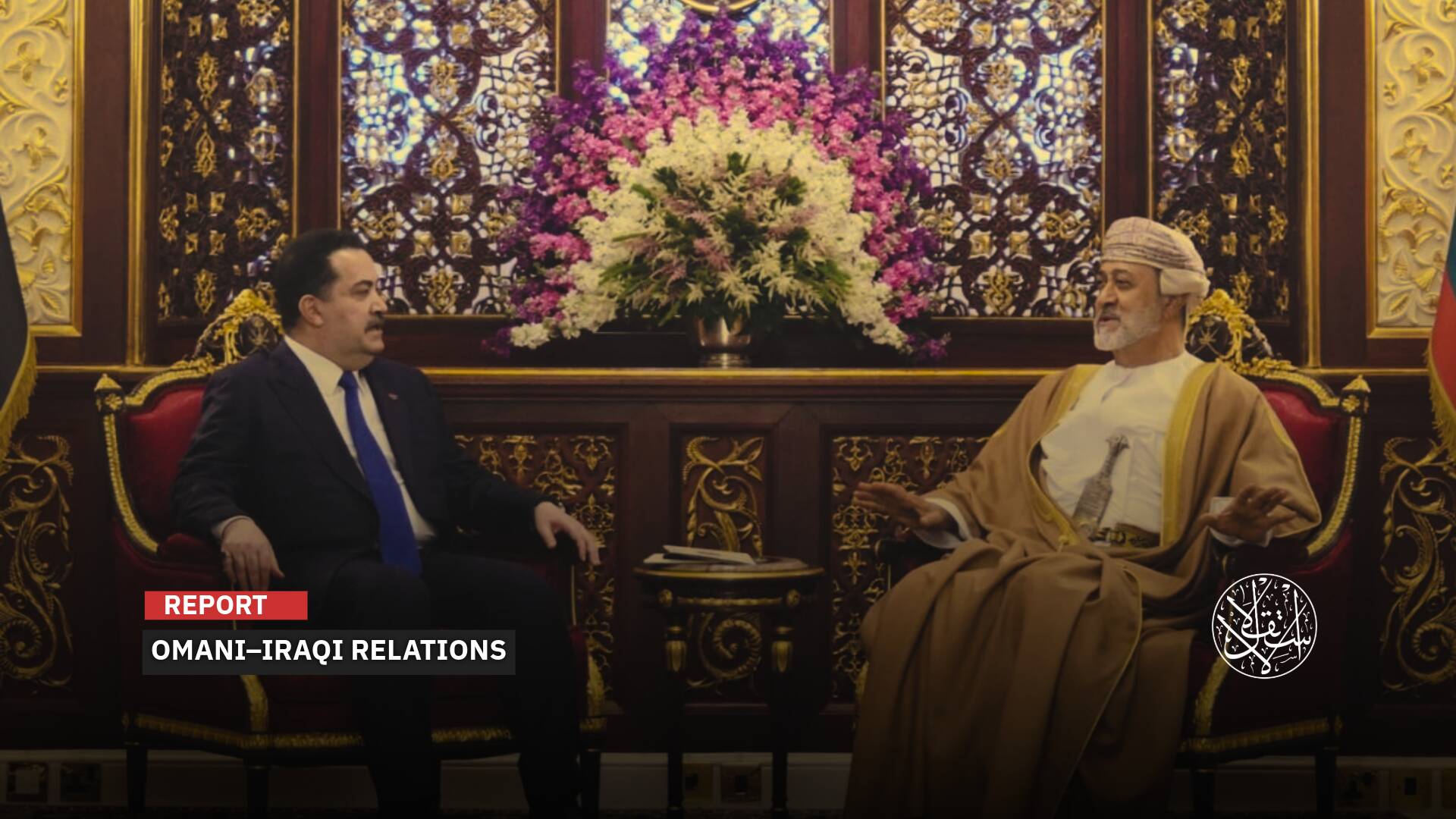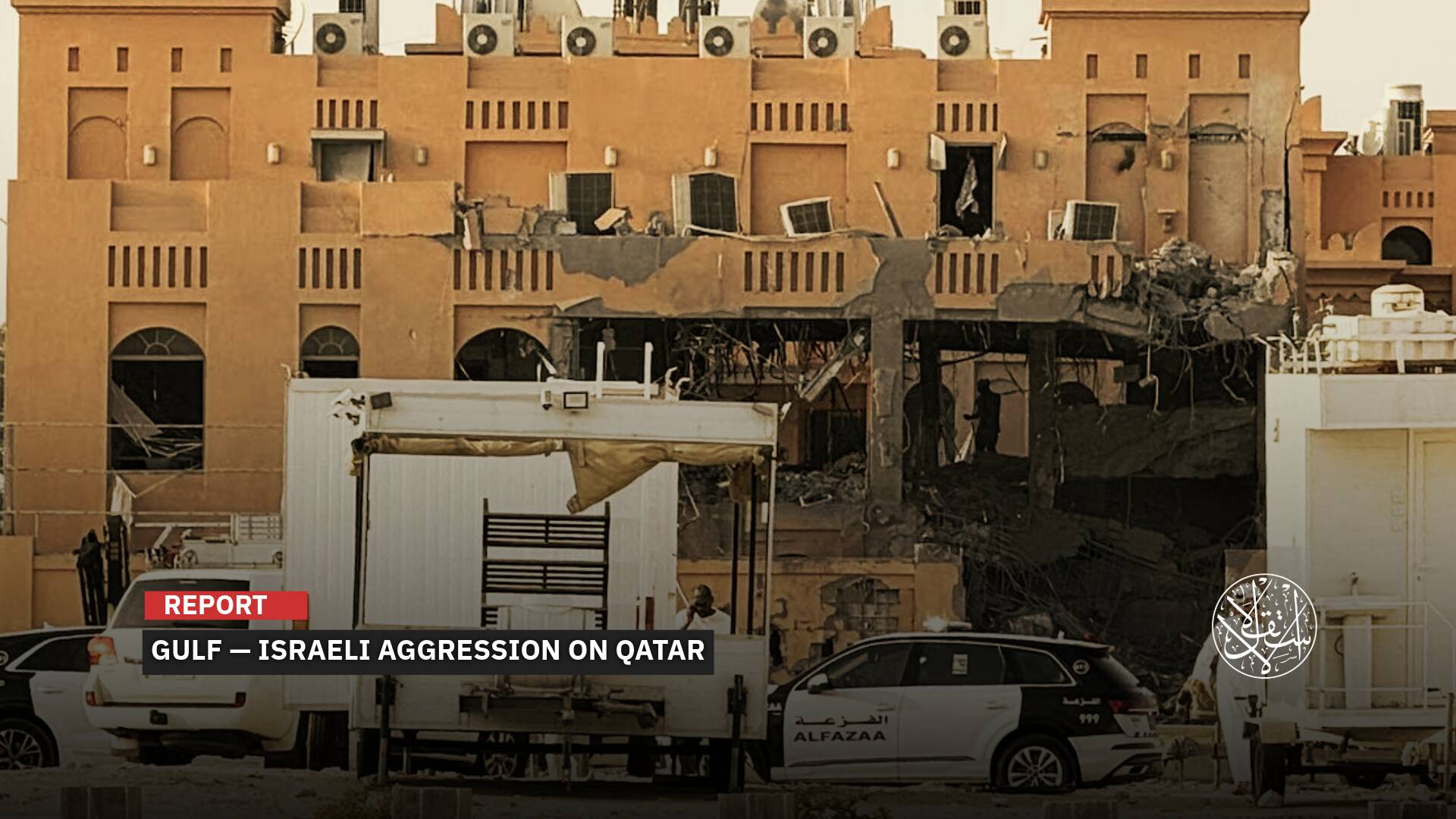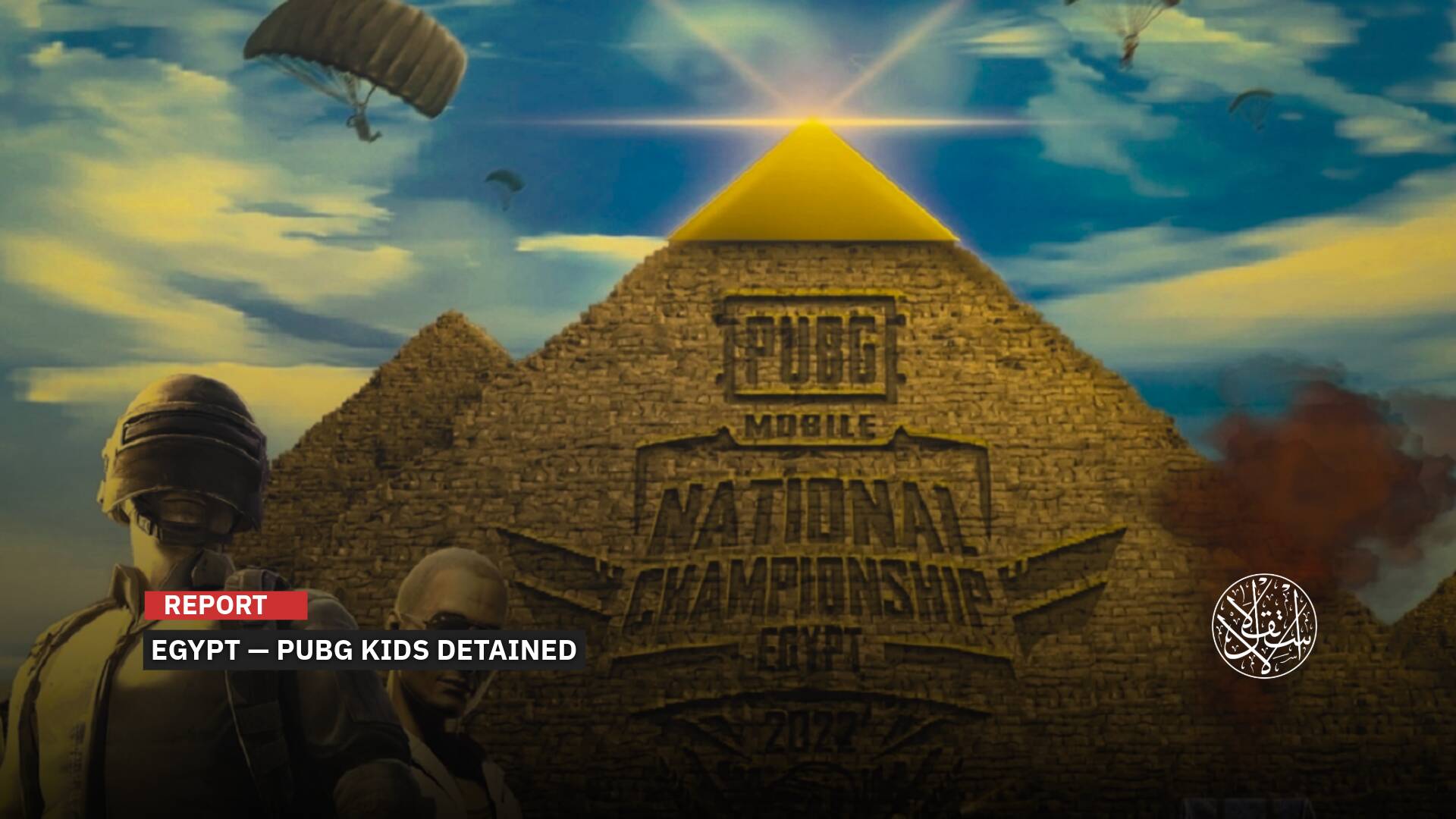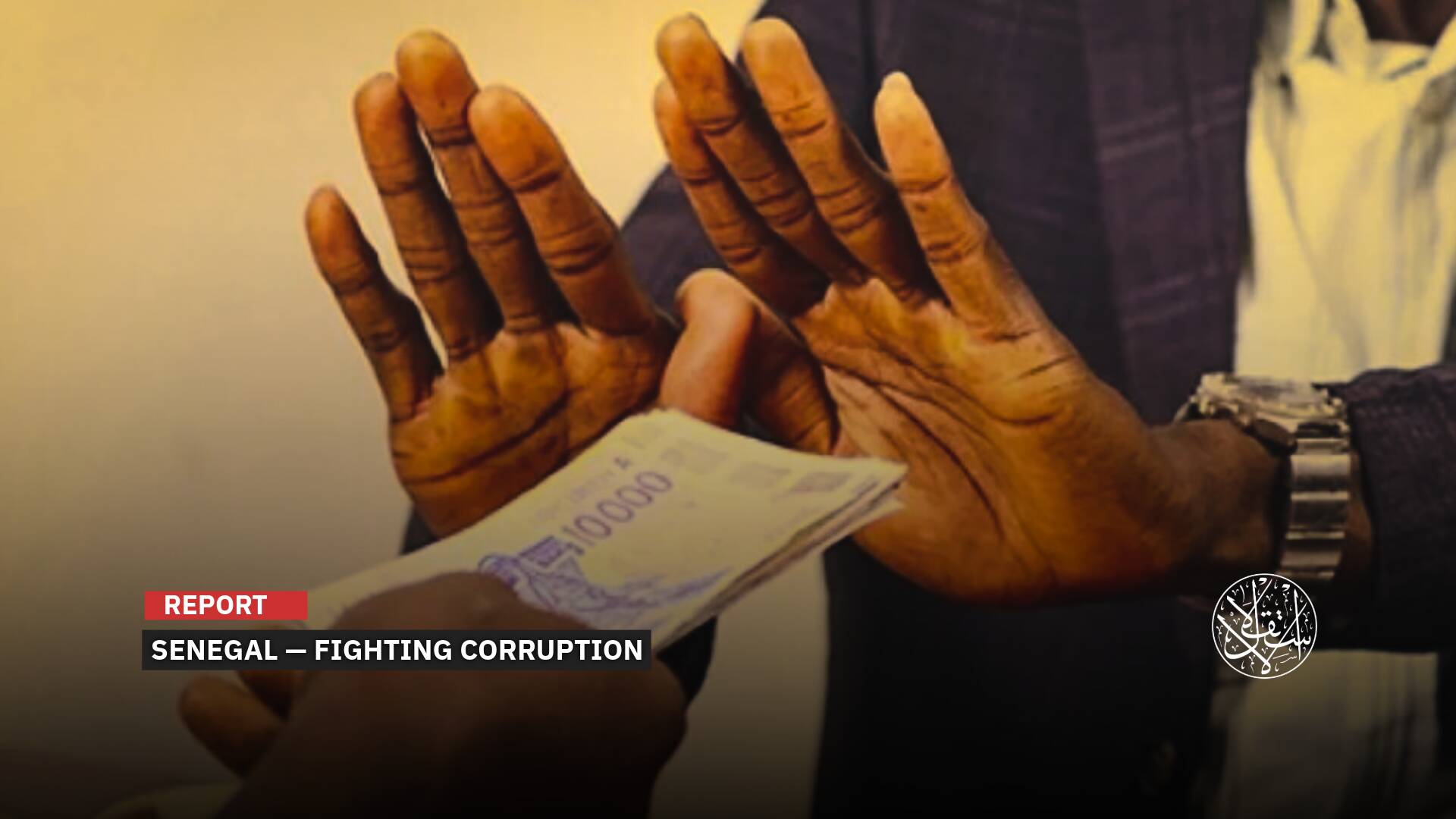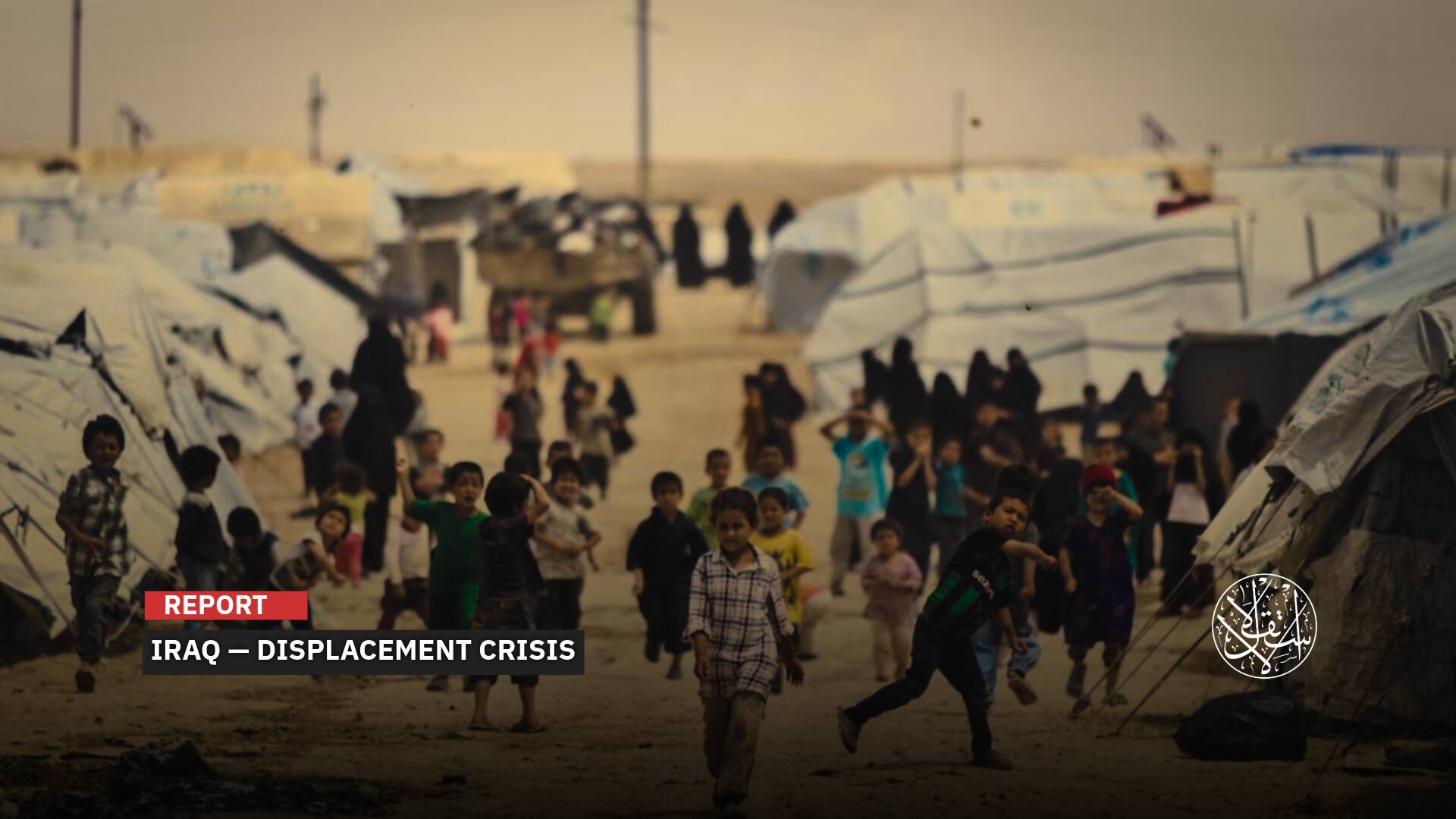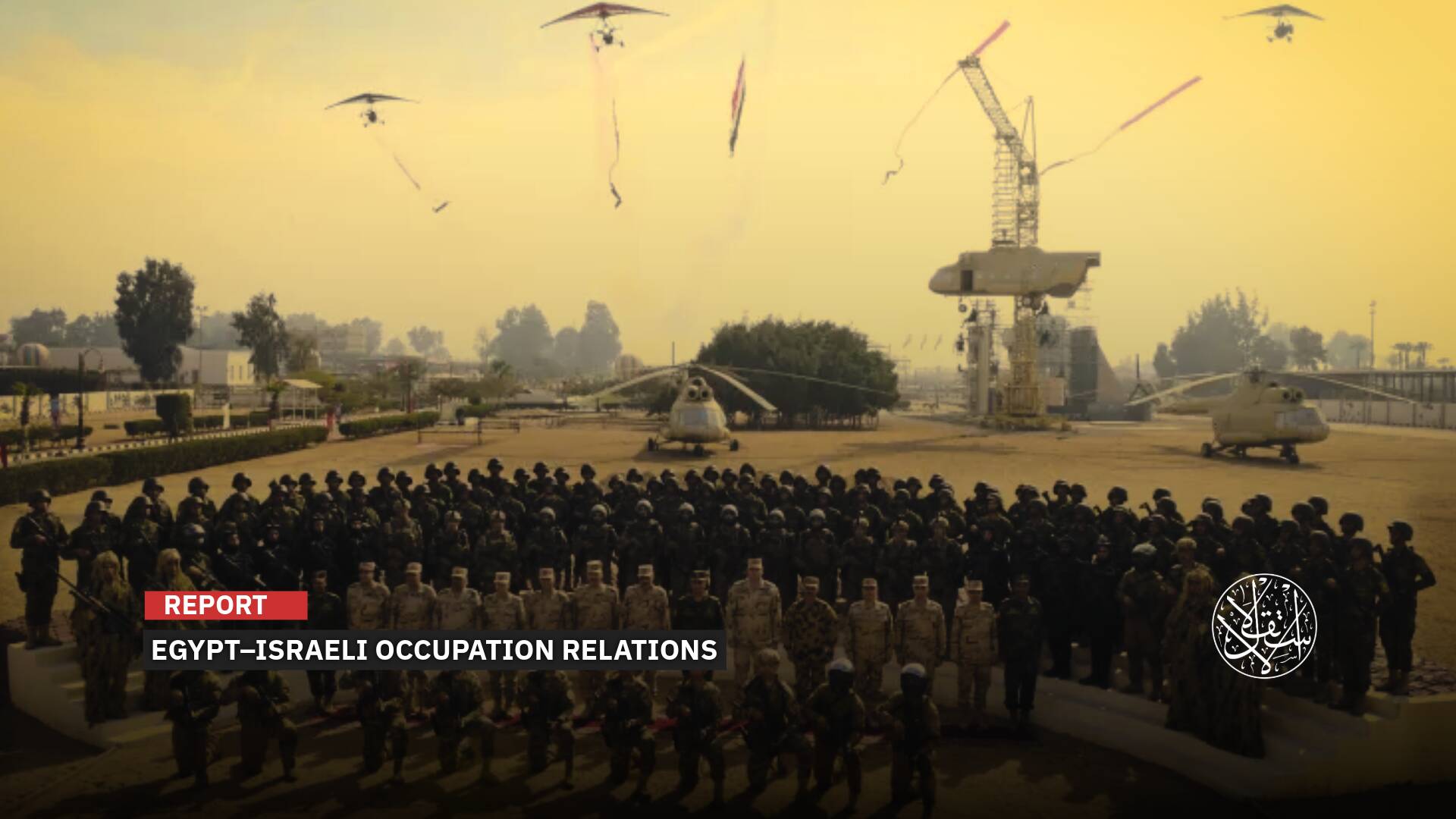Sudanese Project for Social Peace: An Initiative Embracing Peace Through Grassroots Reconciliation
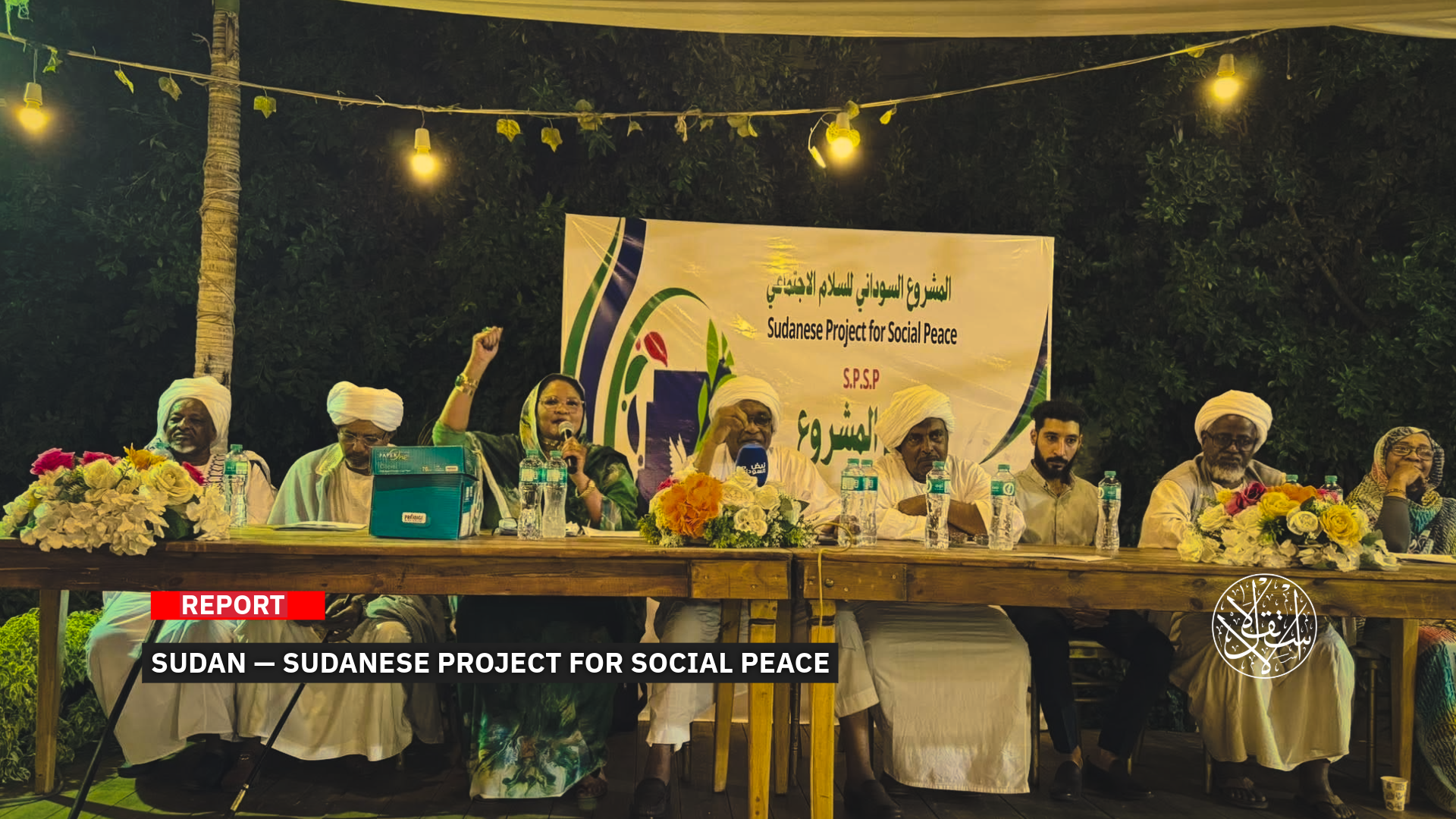
The initiative is seen as a recognition by the state that the war was not merely a military confrontation, but a profound social crisis.
While the war still rages across Sudan’s frontlines, amid a fractured political scene and torn social fabric, a glimmer of hope emerges from the rubble. It is led by grassroots and official initiatives seeking a way out of a disaster that has left no home untouched.
More than two years into the conflict between the Sudanese army and the rebel Rapid Support Forces, which has shaken both the state and its society, many Sudanese are now focusing on the war’s most lasting wound: a deep social divide and the collapse of community bonds.
To reclaim a shared sense of belonging and halt the spread of hate speech and ethnic polarization, a bold new initiative has emerged: the Sudanese Project for Social Peace.
This is a grassroots effort working in coordination for the first time with a formal state-led effort, represented by the newly formed Higher Council for Social Peace. The goal is to heal wounds, close social divides, and rebuild coexistence based on reconciliation and mutual recognition.
The Higher Council for Social Peace
In what is seen as the first serious government step toward rebuilding trust between communities during an ongoing war, Sudanese Prime Minister Kamil Idris issued a decree on July 22, 2025, establishing the Higher Council for Social Peace.
The council will serve as a national body responsible for coordinating reconciliation efforts and shaping a unified vision for social cohesion.
It will be led by al-Nour al-Sheikh, a respected figure with traditional and spiritual influence in Sudanese society. Al-Sheikh Hamd al-Nil was appointed as his deputy.
Aalia Hassan Abouna was named secretary-general. The remaining council members will be appointed later through a process that ensures broad representation from civic, spiritual, and community-based organizations involved in peacebuilding.
According to its official statement, the council aims to restore social cohesion and develop a new culture of peace.
It also seeks to promote national reconciliation, peaceful coexistence, and strategies that support lasting social and cultural stability in Sudan.
The council hopes to serve as an umbrella body uniting all community and civil initiatives working in the field. This includes Sufi orders, local reconciliation committees, human rights organizations, and academic institutions focused on conflict and societal transformation.
Council’s Mandate
The council is tasked with promoting a culture of tolerance, reconciliation, and acceptance across all segments of Sudanese society. It will organize wide-reaching public awareness campaigns through various media to reinforce the values of peace and national unity.
It also aims to encourage dialogue between conflicting tribal, political, and religious groups. Part of its work involves conducting in-depth studies on the root causes of social and ethnic conflicts and proposing practical solutions to address them.
The council will provide technical and logistical support to grassroots and community-led reconciliation initiatives.
This initiative comes at a critical moment. Sudan is grappling with deep social fractures caused by the war that broke out in April 2023 between the national army and the Rapid Support Forces.
The conflict has severely damaged the state’s structure and social cohesion, fueling an unprecedented rise in hate speech and ethnic polarization.
This official initiative reflects a tacit acknowledgment by the state that the war was not merely a military confrontation, but a widespread social crisis that cannot be solved by security or political means alone.
The Sudanese Project for Social Peace, embodied by this new council, is not only aimed at ending the conflict. It seeks to address its long-term psychological, social, and cultural impacts by institutionalizing reconciliation efforts and organizing community recovery within a unified national framework.
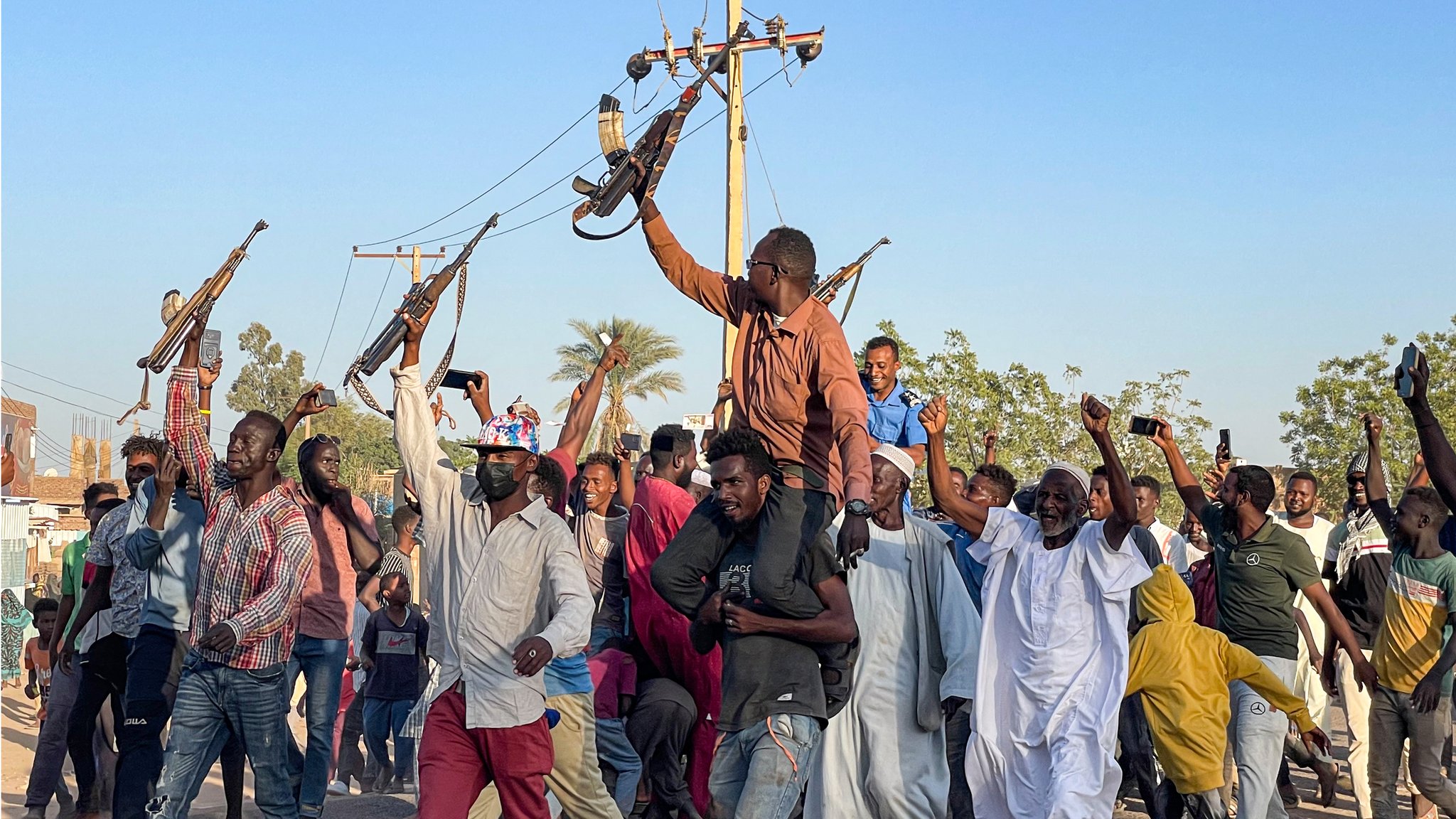
‘A Glimmer of Hope’
In a related move, Sudanese Prime Minister Idris Kamil has begun meeting with local leaders to strengthen the council’s efforts. Among them was Abdel-Rahman Hassan Saeed Noor, secretary-general of the Revolutionary Awakening Council, to discuss ways to ease social tensions in Darfur. Kamil pledged to combat hate speech in the region.
Musa Hilal, head of the Awakening Council—once commander of the Border Guard Forces and accused of leading the Janjaweed militias (later the Rapid Support Forces) under former president Omar al-Bashir—is now working to mediate and address community issues in the troubled region.
Sudanese politician and member of the Islamic Charity Association in Khartoum, Ibrahim Alsheik, told Al-Estiklal that the current wave of grassroots and official initiatives for social peace offers a real glimmer of hope amid the devastation of war and division.
“At a time when fighting still rages across the country, in a fractured political landscape and an exhausted society,” he said, “the Sudanese Project for Social Peace stands out as a vital step toward healing a nation worn down by a war that has left no home untouched.”
Alsheik stressed that the gravest impact of the conflict is the deep social divide and the erosion of national belonging.
He described the grassroots initiative, which works in tandem with the newly established Higher Council for Social Peace, as a serious effort to build a new balance rooted in reconciliation and mutual recognition, not exclusion.
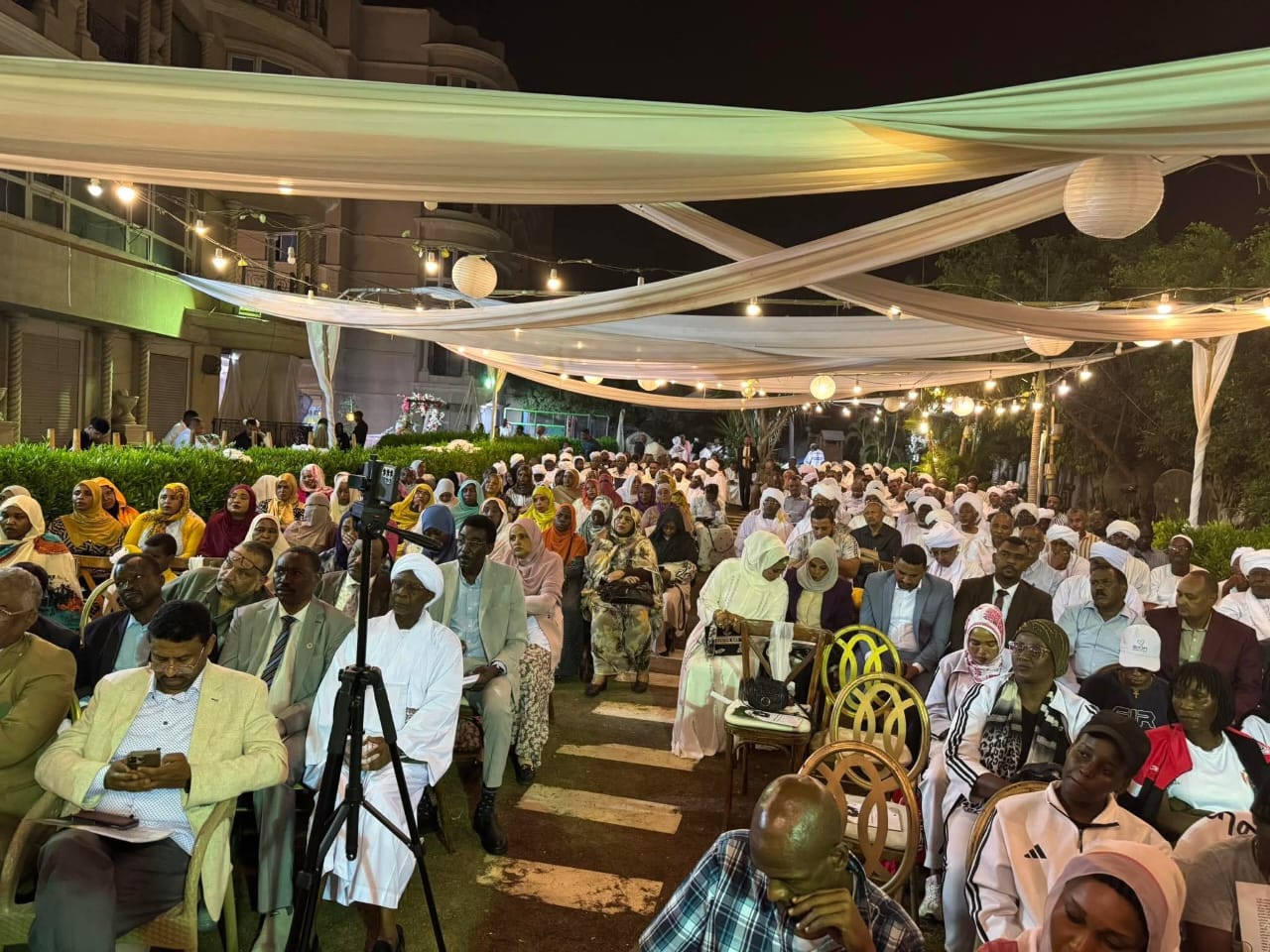
Beyond Identity Lines
Dr. Othman Mohamed Yousif Kibir, former governor of North Darfur and executive director of the new initiative, described the council as an ambitious national project aimed at healing the devastating impact of war on Sudan’s unity and social fabric. He warned that the ongoing conflict threatens the very foundations of the Sudanese state.
Speaking at the project’s launch on July 25, 2025, in front of a large audience of community leaders, artists, public figures, and representatives from across the country, Kibir said the initiative was a natural response to the state’s failure to achieve balance and stability.
“We aim to set things right, restore normality, and pave the way towards a safe, united, and stable Sudan, through healing the scars of past crimes and holding perpetrators accountable by the law,” he added.
Kibir described the project as a call of duty, one that rises above narrow loyalties and political or tribal calculations.
He said that the wide and enthusiastic public turnout reflected a collective belief in the need to pursue civil peace and a serious commitment to comprehensive reconciliation.
Concluding his speech, Kibir addressed the crowd with emotion: “If you weren’t searching for your country, if you weren’t seeking coexistence, you wouldn’t have come, and you wouldn’t have gathered like this. For that, we thank you and hold you in the highest regard.”
Kibir’s speech, marked by honesty and candor, expressed a deep desire to confront national realities and lay the foundation for a new path built on coexistence and mutual recognition, rather than exclusion and revenge.
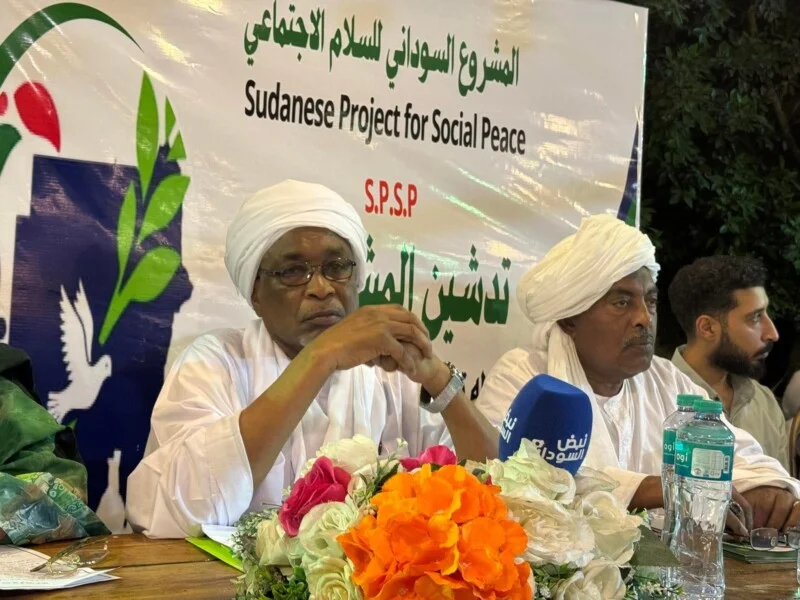
The Tribal Legacy
Sudan’s current social fragmentation cannot be understood without examining the role the state itself has played in arming tribes and using them as tools in internal conflicts.
This practice dates back decades but reached its peak under former president Omar al-Bashir, who openly formed tribal militias to protect his regime and suppress armed rebellions in remote areas of the country.
One of the clearest examples of this approach is the Rapid Support Forces, now a central actor in the ongoing war. They trace their origins to the notorious Janjaweed militias, largely composed of fighters from Arab tribes in Darfur. Al-Bashir used them effectively to crush armed uprisings in the west, laying the foundation for a violent system based on tribal loyalty rather than institutional discipline.
This deliberate militarization of tribal groups, combined with easy access to weapons and years of combat experience, turned many of these communities into armed enclaves beyond state control, ready to erupt at any moment, as is now happening.
This grim reality echoes what Lebanese historian Naum Shuqayr documented in his book The History of Sudan, where he noted that the country is home to no fewer than 570 tribes divided into 57 ethnic categories, based on language and culture. Of these, 49 percent are of Arab origin, 30 percent African, and 10 percent belong to the Beja tribes.
These groups are spread across a geographic mosaic comprising nine major regions, including the Nubian tribes in the far north, Arab tribes in the center, White Nile, and northern Sudan, the Beja in the east, the Kordofan tribes in the west, and other groups across Darfur and the southeast.
This diversity, potentially a rich cultural and civilizational asset, was instead turned into fuel for civil conflict through policies of favoritism, militarization, and division.
Further complicating matters, more than 50 local languages are spoken across the country, while the 2005 interim constitution recognizes three official languages: Standard Arabic, English, and Northern Nubian. This reflects the fragile pluralism at the heart of Sudanese society.
History has shown that ignoring this diversity, or worse, weaponizing it, has come at an existential cost to both state and society.
Today, Sudan is paying that price in lives lost and national unity shattered, as the country teeters on the edge of even more tribal violence.
Sources
- Kibir Unveils Roadmap for Social Salvation: Sudan’s Only Way Forward Is Unity [Arabic]
- Can Sudanese Overcome Social Divides and Ethnic Polarization? [Arabic]
- Establishment of the Higher Council for Social Peace Headed by al-Nour al-Sheikh [Arabic]
- History of Sudan [Arabic]
- Prime Minister Affirms his interest in Mending Social Fabric and Combating Hate Speech in Darfur
- Sudanese Dignitaries Launch the “Sudanese Social Peace Project” in Cairo


